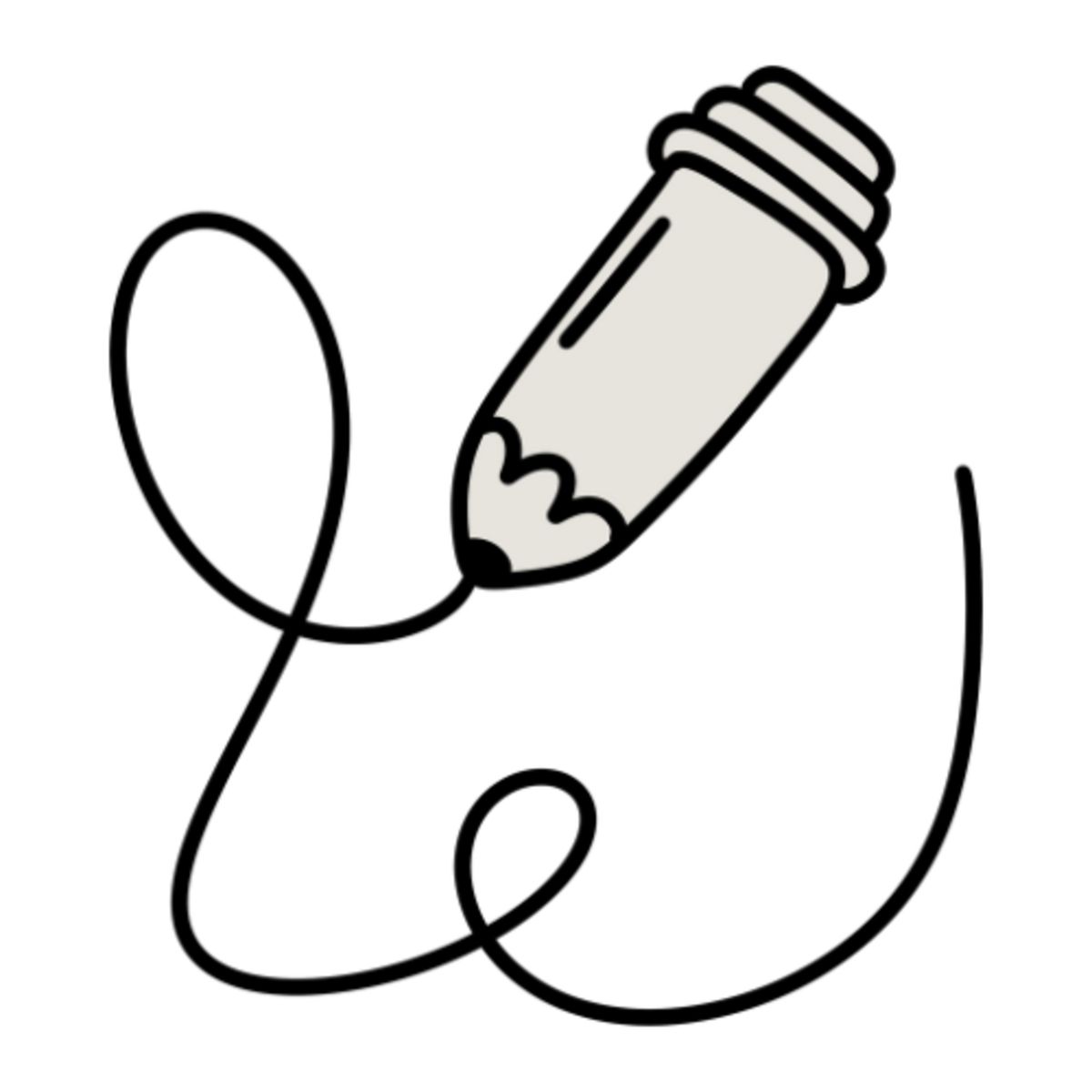Yesterday: Perplexity's citation strategy.
Today: What Google does when AI threatens their $300B empire.
Spoiler: They gaslight you.
Google's "Helpful Content" Marketing Play:
When Google launched AI Overviews in May 2024, major publishers panicked.
"If Google answers the question in the search results, why would anyone click our links?"
Google's didn’t respond with a product fix. They changed the entire narrative instead.
They launched the "Helpful Content Update" in March 2024.
Google sent a clear message: "We reward helpful, human-written content. Not AI slop geared towards search."
Suddenly:
AI content was perceived as low quality
Human content became trustworthy
Google was the protector of quality
Classic defensive marketing.
The 59-sec takeaway:
When threatened, big players don't just change products.
They change the conversation.
Google couldn't stop AI search. So instead they:
Positioned AI-generated content as "unhelpful"
Rewarded "human expertise and experience" [E-E-A-T]
Made publishers feel protected
The update aimed to reduce unhelpful content by 40%. Specifically targeting SPAM in search engine result pages. [SERPs].
Publishers felt safer. (Even though many sites still saw 40%+ traffic drops.)
It's defensive marketing disguised as an algorithm update.
The Playbook:
When a competitor threatens you, reframe your stance.
Competitor says: "We're 10x faster"
You say: "Fast breaks things. We're bulletproof."
Competitor says: "We use AI"
You say: "We use humans who actually give a shit."
Competitor says: "We're cheaper"
You say: "Cheap is expensive when it doesn't work."
Turn your constraint into your competitive advantage.
Why this matters for Monday's prediction:
If Google feels cornered enough, they could go full scorched-earth marketing.
Like launching a public campaign:
"Trust Humans, Not Bots"
"AI Hallucinates. Google Verifies."
"Don't Let Algorithms Decide Truth."
It might be desperate and defensive. But would it work?
Publishers might rally behind it ("Finally, Google protects us!").
Or they might quietly optimize for AI anyway (because traffic follows attention).
That's Option A.
Clue #2 collected.
Tomorrow: What happens when publishers just block the bots entirely.
Later,
Pavan
P.S. Don't forward this to your marketer friends if you want to keep your edge. Pattern recognition = competitive advantage. (But I need subscribers, so... your call.)
